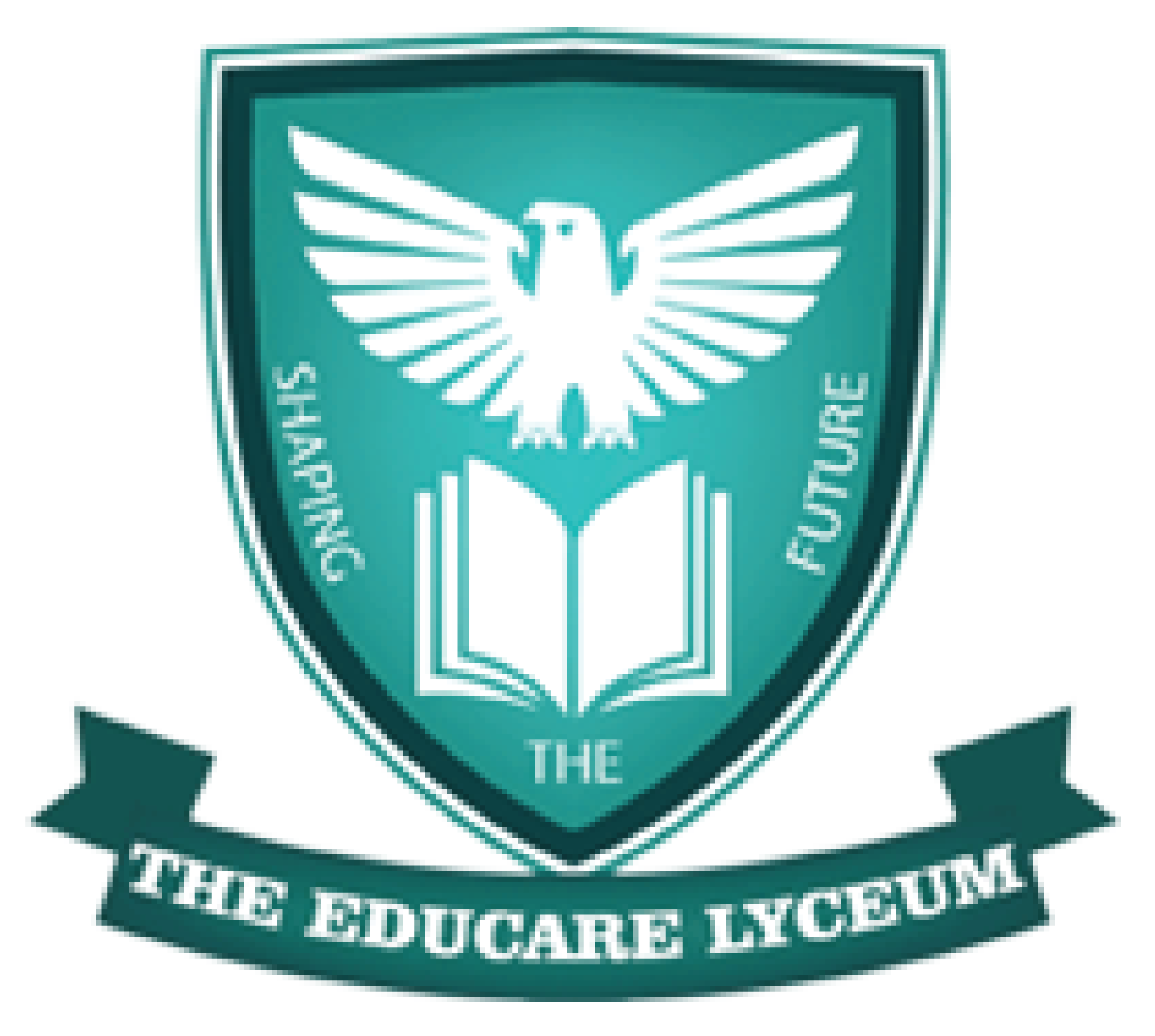The primary school syllabus forms the educational backbone for children aged 6 to 11, laying the groundwork for their academic journey. This comprehensive curriculum is designed to provide a well-rounded education, covering essential subjects such as mathematics, language arts, science, social studies, and physical education.
In the primary school syllabus, a progression of skills and knowledge is carefully mapped out to align with the developmental stages of students. Mathematics instruction evolves from foundational concepts like counting and basic operations to more complex topics such as geometry and problem-solving. Similarly, language arts instruction advances from fundamental reading and writing skills to a more sophisticated understanding of literature, grammar, and composition.
Science and social studies components introduce students to the wonders of the natural world and the complexities of human societies. This broadens their understanding of the world around them, encouraging curiosity and critical thinking. Physical education is integrated to promote a healthy and active lifestyle, fostering both physical fitness and social skills through teamwork.
Teachers play a pivotal role in implementing the primary school syllabus, tailoring instruction to meet the diverse needs of students. Assessment methods focus not only on academic achievements but also on the development of essential skills such as critical thinking, communication, and collaboration, preparing students for the challenges of higher education and beyond.
